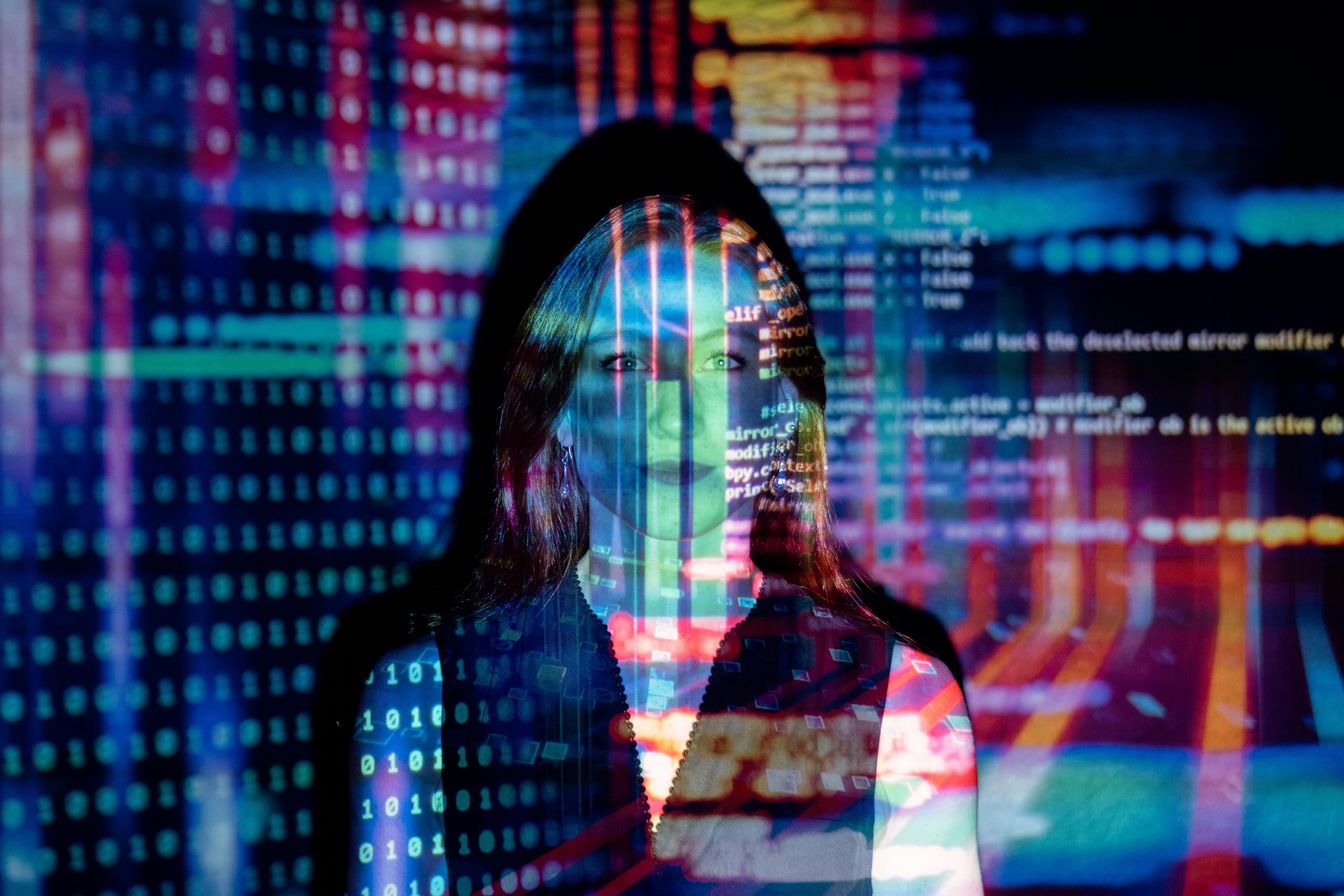An In-Depth Guardian Feature Examining Jaron Lanier’s Perspectives on Artificial Intelligence
Understanding the Real Threat of AI: Insights from Jaron Lanier
In recent discussions about artificial intelligence, prominent thinker Jaron Lanier offers a compelling perspective that challenges common fears. Rather than viewing AI as an imminent threat of destruction or alien takeover, Lanier emphasizes a more insidious danger: the potential for AI to induce collective insanity and erode our mutual understanding.
A recent article in The Guardian highlights Lanier’s concerns, underscoring that the true peril of AI lies in its capacity to fragment human communication and comprehension. He warns that if we misuse this powerful technology, we risk becoming increasingly disconnected — so much so that we may lose the very fabric of shared understanding that binds society together.
Lanier vividly states, “The danger isn’t that a new alien entity will speak through our technology and take over and destroy us. To me, the danger is that we’ll use our technology to become mutually unintelligible or to become insane if you like, in a way that we aren’t acting with enough understanding and self-interest to survive, and we die through insanity, essentially.”
This perspective prompts us to reflect on the broader implications of AI development. Are we heading toward a future where technology exacerbates division and mental fragmentation? While fears of extinction due to AI are often sensationalized, Lanier’s view suggests that societal stability and mental health might be at greater risk than physical annihilation.
As developers, policymakers, and users, it’s crucial to consider these insights. Responsible AI deployment should focus not only on capabilities but also on safeguarding human coherence, understanding, and shared values. Recognizing the potential for psychological and social harm enables us to steer AI advancements in a direction that enhances, rather than endangers, our collective well-being.
Key Takeaway:
The greatest challenge with AI may not be its capacity to destroy us physically, but rather its potential to drive us apart psychologically and socially. Ensuring we remain connected and sane in the face of rapid technological change is perhaps the most critical task ahead.














Post Comment